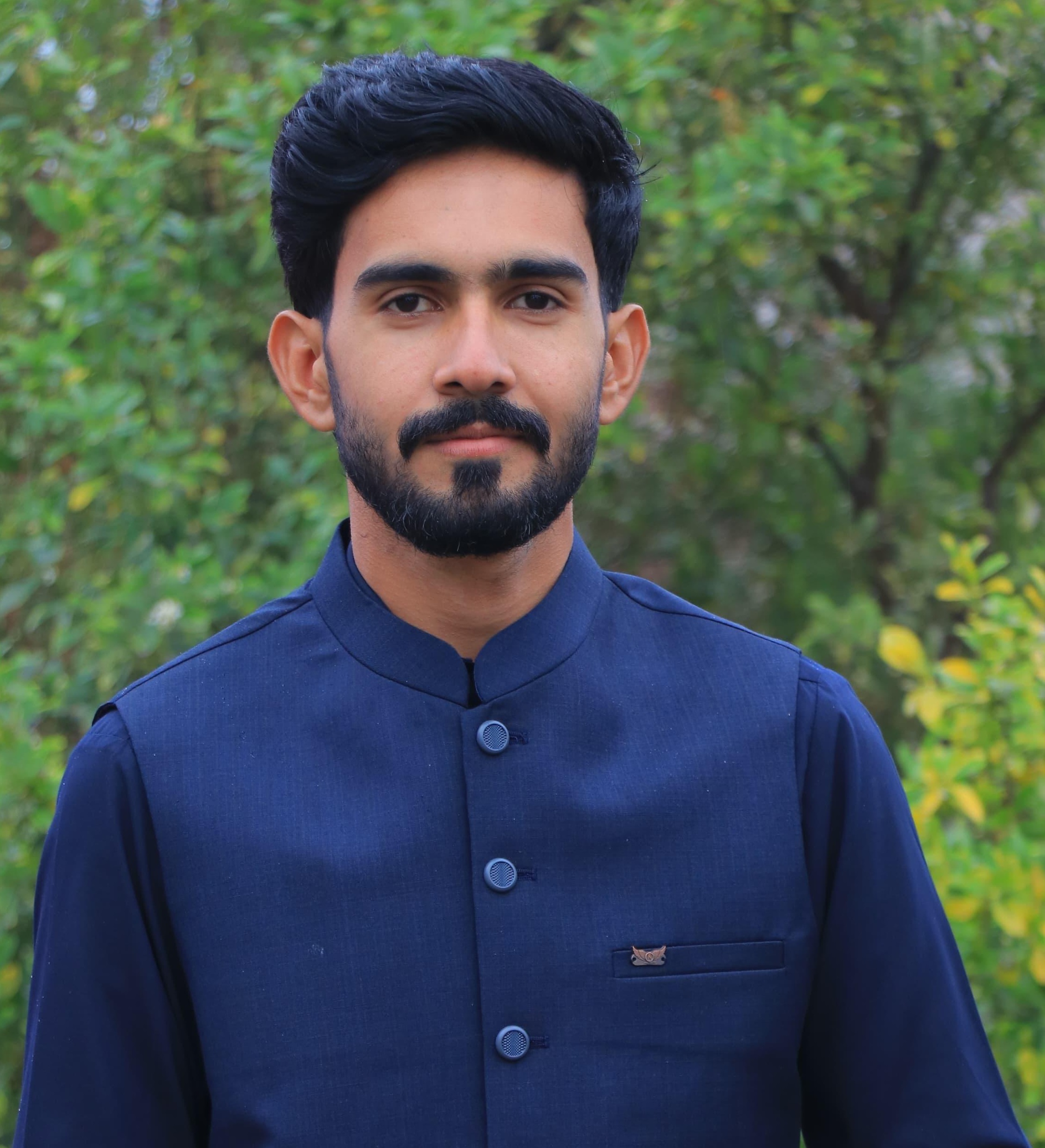“Richard Larson, MIT pioneer and Doctor Queue, transformed operations research, public systems, and education through innovation and mentorship”.
Introduction
Richard C. Larson, widely known as Doctor Queue, was a pioneer who reshaped how the world understands systems, education, and problem-solving. With a brilliant career at MIT, he combined mathematics with a boots-on-the-ground approach to tackle real-world challenges. His groundbreaking work in queueing theory and public sector operations helped cities improve emergency services and efficiency.
Beyond research, Larson dedicated himself to academic mentorship, inspiring students to think critically and apply knowledge for societal good. He also championed technology-driven learning solutions, creating platforms like MIT BLOSSOMS that promoted global education access. His story reflects innovation, service, and the power of persistence.
Richard Larson’s Early Life and Academic Journey

Richard Larson grew up in a family that valued education and curiosity. From an early age, he loved solving problems and asking questions about how systems worked. His sharp mind led him to study at MIT, where he quickly stood out as a brilliant student. He used his skills in mathematical modeling in real-world systems, showing a unique talent for solving complex puzzles with clear answers.
During his doctoral studies, Larson focused on operations research, also called “research on operations”. This field taught him to combine math with real-world applications. His professors guided him to balance theory with practice. This became the base of his entire career, a belief that problems in society could be solved by combining analysis with human need.
Richard Larson: Pioneering Work in Operations Research
Operations research was more than numbers for Richard Larson. He believed it was about solving messy, real-world problems through a boots-on-the-ground approach. Instead of staying in the classroom, he worked with cities, hospitals, and agencies. His work in systems engineering and service delivery improvement brought major changes to how organizations function.
One famous case was his role in improving the 911 emergency call system in New York City. Using queueing theory and emergency response optimization, Larson and his team reduced response times. These solutions not only enhance public safety systems but also saved lives. This kind of trailblazing research in queueing theory made him a respected name around the globe.
Richard Larson Contributions to Education and Mentorship
As a teacher, Richard Larson believed in bridging theory with practice. He avoided dry lectures and instead asked students to solve real-world problems. His classes at MIT became a mix of projects, case studies, and teamwork. Students learned that critical thinking in education was as important as formulas.
Beyond teaching, Larson was a mentor to the next generation. He trained many doctoral students who went on to shape their own fields. His dedication to academic mentorship showed in the time he gave to each student. He taught them to balance ambition with ethics, and to see research as a service to society.
Leadership in Educational Technology

Richard Larson was not just a researcher; he was also a leader in technology-driven learning solutions. As director of the Center for Advanced Educational Services (CAES) at MIT, he worked on projects that delivered online education access to people around the world. This was long before online courses became common.
His vision went further when he founded the Learning International Networks Consortium (LINC). This group brought universities and educators together to use technology-enabled classrooms for equal access to education. Later, he launched blended learning (MIT BLOSSOMS). This program created free, interactive lessons in science and math. Today, it is a global model for digital and blended learning.
Richard Larson Research and Thought Leadership
Richard Larson’s work in research shaped modern systems. He contributed to urban systems, service delivery improvement, and interdisciplinary research approaches that solved real-world problems. His papers are clear, practical, and widely used in both professional societies in operations research and government planning.
He also promoted model thinking for decision-making. His book on model thinking for everyday life showed how simple models can help ordinary people make smarter choices. At the same time, he warned about over-relying on machines, supporting advocacy for human intelligence over blind dependence on AI.
Richard Larson’s Impact on Public Policy and Organizational Practices
Richard Larson influenced U.S. policy through his work in public sector operations. His consulting with the U.S. Postal Service and the New York City government showed how research could directly improve lives. His role in enhancing public safety systems became a national model.
Larson also played a major role in professional societies in operations research. His INFORMS leadership inspired scholars worldwide. His ability to explain complex theories simply helped in shaping professional societies, making them more accessible and more useful to policy and practice.
Richard Larson Personal Life and Core Values

Behind the fame, Larson valued his family deeply. His marriage to Liz was filled with respect and dedication to family and service. He balanced his career with personal commitments, something his colleagues admired. His warmth and availability made him more than a professor; he was a friend.
He lived by the values of persistence and curiosity in scholarship. Every challenge was an opportunity to learn. His humility and open-mindedness inspired others. He encouraged his students and peers to take risks, to fail, and to learn again.
Global Recognition and Awards
Richard Larson earned respect across the globe. From his nickname, Doctor Queu,e to honors from MIT, INFORMS, and other organizations, his career was celebrated. These awards recognized not just research, but also his legacy of innovation.
The table below shows some highlights of his recognition:
| Award / Recognition | Field of Contribution | Organization |
| Doctor Queue title | Queueing theory and systems research | Global community |
| INFORMS President | INFORMS leadership in operations research | INFORMS |
| MIT BLOSSOMS Award | Blended learning (MIT BLOSSOMS) | MIT & global education |
Legacy and Enduring Influence

Richard Larson’s story is not just about his time at MIT. It is about expanding the frontiers of knowledge. His interdisciplinary research approach, from service delivery improvement to technology-driven learning solutions, made him a pioneer.
Today, his legacy lives on through the students, educators, and policymakers he inspired. His life is proof that true success comes from inspiring the next generation of innovators, improving systems, and creating opportunities for millions of learners worldwide.
Conclusion
Richard Larson showed the world how one person can transform education, science, and society. From trailblazing research in queueing theory to online education access, from public sector operations to academic mentorship, his influence remains strong.
His legacy reminds us that innovation is not about awards but about impact. His life’s message is clear: lasting change happens when knowledge, service, and imagination work together. His legacy in operations research and education continues to guide and inspire the world today.
FAQs
Who did Richard Larson drive for?
Richard C. Larson is not a driver; he is a renowned MIT professor and researcher in operations research.
How do I email Richard C Larson?
You can reach Richard C. Larson through his MIT faculty email, listed on the official MIT website.
How do I email the CEO of Talk Talk?
You can contact TalkTalk’s CEO via the company’s corporate website or LinkedIn.
How do I email Keeley Cricket?
Visit Keeley Cricket’s official website; they provide a contact form and support email.
How do I email a career coach?
Most career coaches share emails on their websites, use their contact page, or LinkedIn.

Welcome to Hustles Hubb! I’m Shafqat Amjad, an AI-Powered SEO and Content writer with 4 years of experience.
I help websites rank higher, grow traffic, and look amazing. My goal is to make SEO and web design simple and effective for everyone.
Let’s achieve more together!


2 thoughts on “Richard Larson: 10 Ways His Legacy Shaped Operations Research and Education”